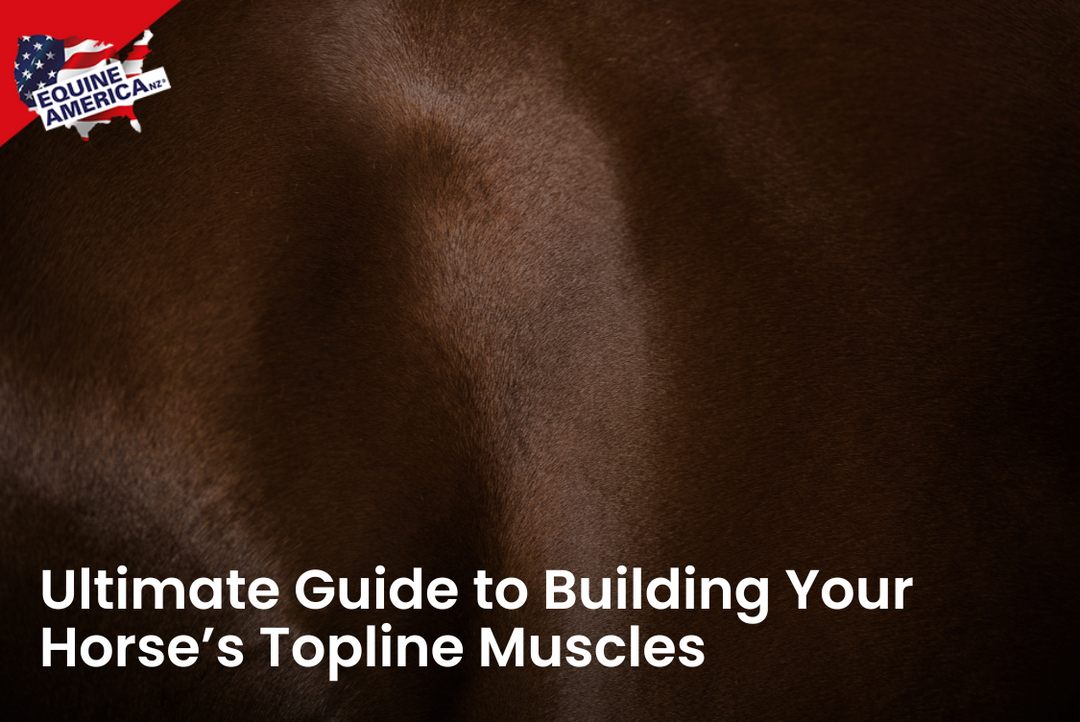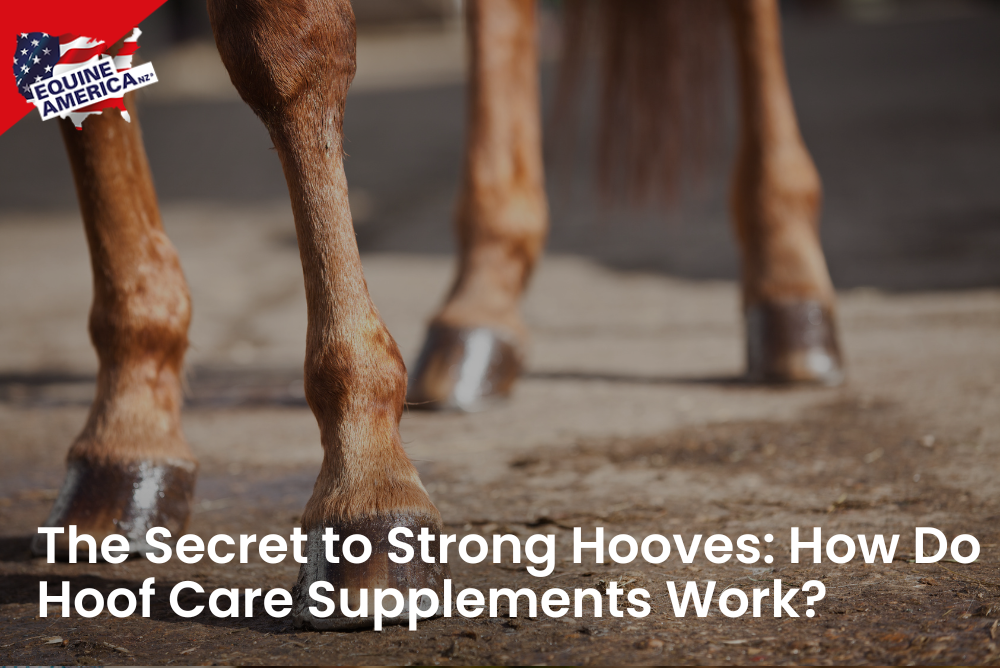Are you concerned about the digestive health of your horse? Have you considered giving your horse probiotics for better digestive health? In today’s blog post, we will explore the effect of probiotics on the digestive health of a horse, what its advantages include, and how to go about choosing the right probiotics. Keep on reading to learn more!
What Are Probiotics?
The digestive system of a horse is a microcosm of microbes including various types of bacteria, fungi, protozoa, and yeast. A healthy microbiome means a healthy digestive function which, in turn, helps in supporting your horse’s immune system.
Horses suffering from digestive issues such as diarrhoea, constipation, mild discomfort, or bloating typically suffer from an imbalance in their digestive gut. This can be addressed through probiotics which consist of live microbes that can help your horse maintain a healthy gut.
Advantages of Probiotics for the Digestive Health of Horses
The gut plays a major role in supporting the immune system of a horse. This is why a healthy gastrointestinal tract is believed to be important for the well-being of a horse. There is huge evidence to suggest the positive effects of probiotics in horses. Here is a list of some of the most well-known benefits of probiotics:
- Probiotics help horses to recover from intestine inflammation by stimulating the natural production of mucus within the intestine.
- Probiotics re-establish a horse’s gut balance after they are fed dewormers or antibiotics, both of which can kill the bad as well as good bacteria in the gut.
- Probiotics are known to boost immunity by supporting healthy.
- High-grain diets may lead to ulcers or laminitis in horses but probiotics can help in restoring the balance in the gut microbiome.
- Probiotics enhance the absorption of nutrients and digestion of feeds to help improve weight gain in horses.

How Do Probiotics Work In Horses?
The gut of a horse has good bacteria strains along with bad bacteria strains. These bad bacteria can cause inflammatory responses that lead to serious health issues. When the conditions are just right for bad bacteria, they overpower the effect of good bacteria leading to digestive issues and other consequences. Here is how probiotics can help in improving gut health:
1). Lower pH. Probiotics are known to lower the pH of the gut by naturally enhancing the production of acetic acid and lactic acid in the gut. These acids make the gut environment less hospitable for pathogenic bacteria.
2). Enhanced immunity. Probiotics help enhance the immunity of an animal by stimulating the production of immune cells in the body. Immune cells produce antibodies and various other beneficial compounds to provide natural defences against infection.
3). Fighting bad bacteria. Probiotics inhibit the growth of bad bacteria by binding to specific sites inside the gut wall which prevents pathogenic bacteria from growing at these sites.
Choosing The Right Probiotics
When you start searching for probiotics for horses, you will find that there are hundreds of options. Naturally, not all these options are good for a horse.
Make sure to choose probiotics that are enteric-coated or micro-encapsulated. It makes sure that the probiotics safely pass through the stomach to benefit the good bacteria in the small intestine. It is also recommended to only buy brands with an excellent reputation.
Final Thoughts
In summary, probiotics are good for the digestive health of a horse. They help restore the balance of your horse’s gut microbiome. With that said, not every probiotic brand out there is equally effective. This is why you should only choose a reputed brand with quality assurance and excellent customer reviews.
Equine America NZ is a family-owned and operated business that has been active for more than 20 years. We manufacture products in the UK in factories that follow established food industry standards to provide the most effective products to our customers. We are BETA NOPS and UFAS accredited.
Please give us a call at Equine America NZ today at 0800 440 888 to learn more or leave an enquiry.




